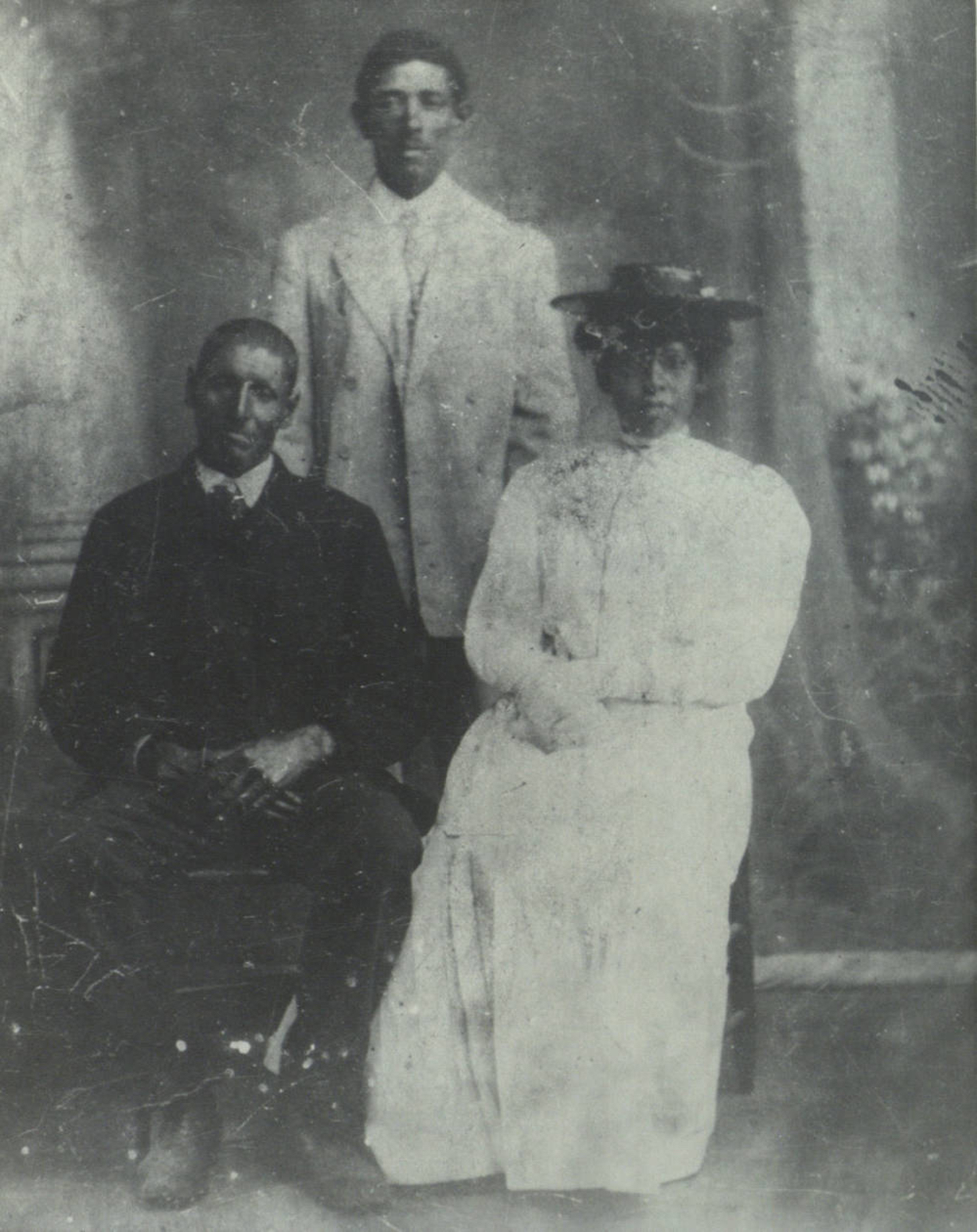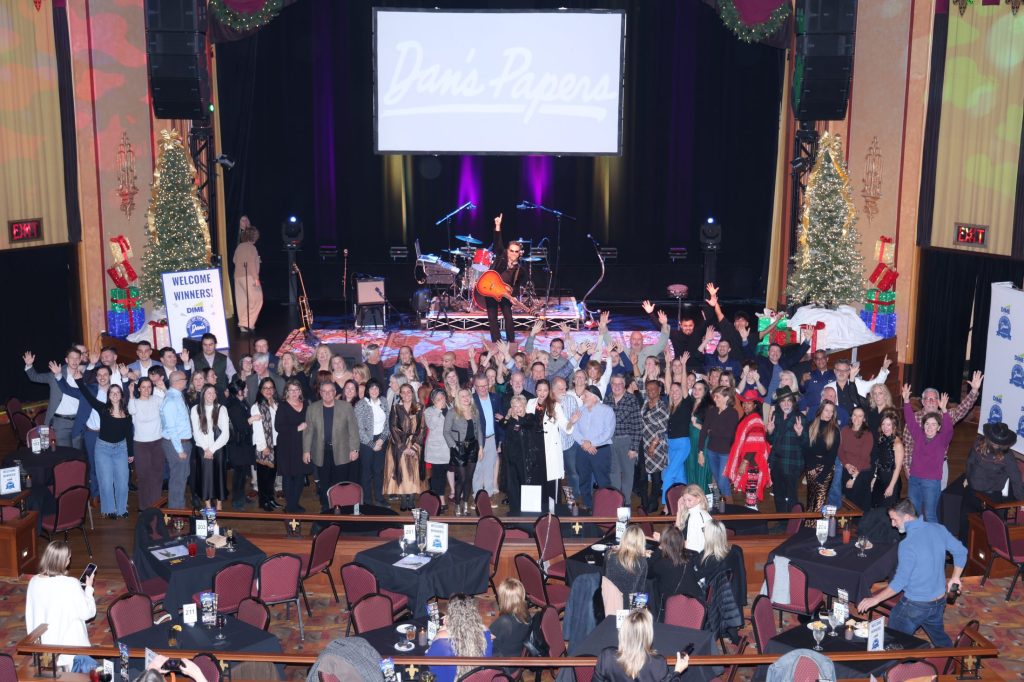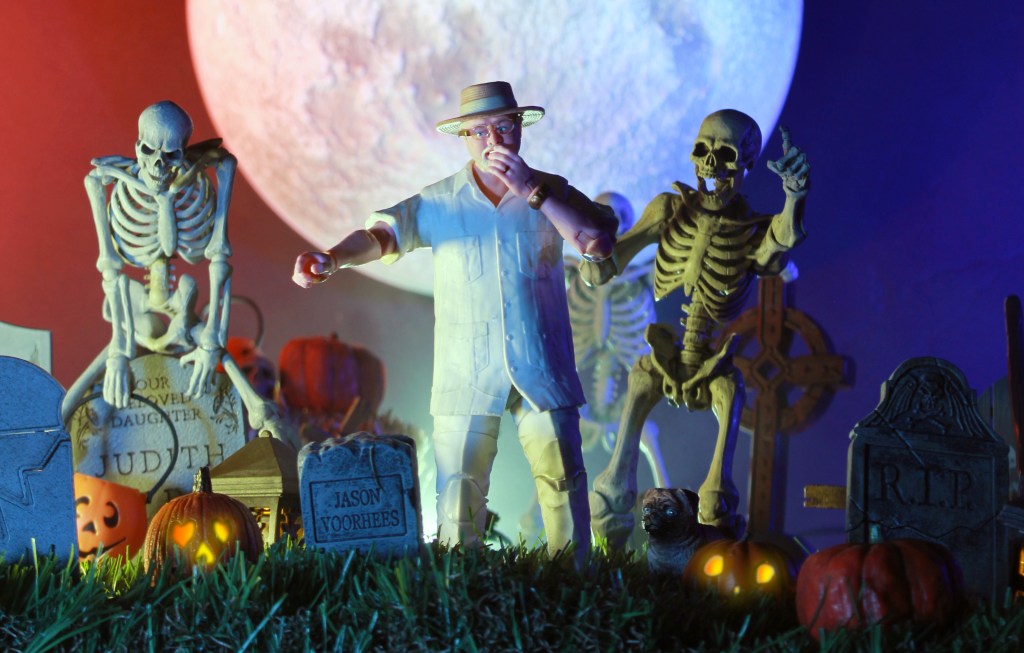Understanding Montaukett Past Through Archeology


Archeologist and anthropologist Dr. Allison McGovern will give a virtual lecture on the 19th-Century saltbox structure that was owned by Montaukett George Fowler on June 7 via Amagansett Library.
Fowler’s family was displaced from Indian Fields in Montauk in the 1870s. The Fowler House is now owned by East Hampton Town.
Dr. McGovern is Senior Archaeologist at VHB Engineering, Surveying, Landscape Architecture, and Geology, P.C. She earned a Ph.D. in Anthropology at the CUNY Graduate Center and has worked extensively on Long Island archaeological and historic sites.
Dr. McGovern spoke with The Independent this week.
What is it about the Fowler House that is of interest to an archeologist?
The Fowler house is in the Freetown neighborhood of East Hampton. From an archaeological standpoint, the site is interesting because it can demonstrate how sites from the recent past can yield archaeological information during a well-documented period, about people who are not well-represented in local and national histories.
The Fowler house was inhabited from circa 1885 to circa 1980s by a Montaukett family who witnessed significant change in the Town of East Hampton. They were dispossessed from their ancestral village at Montauk, and when they went to court to regain their land, New York State detribalized the Montauketts. So, this site is incredibly significant as the only Montaukett landmarked site, and because it continues the narrative of Montaukett survivance by representing materially one Montaukett family’s histories.
How can archeology be used to better understand history?
The East End is incredibly rich in indigenous history, and one of the resources for understanding that history is archaeology. Archaeology can tell us much about the unwritten, pre-Columbian past. But archaeology is also useful in learning about the lives and lived experiences of people during the colonial and historic periods. For instance, archaeological sites often yield information, such as broken pieces of ceramics and animal bone fragments, that can help us understand socio-economics and consumption for people in the past.
Which are your favorite archeological sites?
The Fowler site is one of my favorite archaeological investigations. With the help of descendant connections and documentary resources from the local libraries, this site represents an interesting time period in Montaukett history. I continue to learn about the site from people who are connected to it, and the personal connections that some people have with the site makes the work feel both personal and powerful.
What is the coolest thing you’ve ever found?
One time, when I used to work for Stony Brook University, we were digging at a site in Head of the Harbor and as we were digging down in our square unit, we came down on a set of slate-lined brick steps that were completely in line with our excavation unit. It turned out to be a front entrance to a 19th-Century residence.
What is your connection to the East End?
I’m a Long Islander (born and raised). I guess I became more interested in East End history when I began working in archaeology 15 or so years ago. My work as an archaeologist is connected to land development. The work I do is considered compliance archaeology and it’s regulated by federal, state, and local laws. If development is occurring in an area of archaeological sensitivity, then state laws and/or local regulation may require an archaeological investigation.
Through this work, I have learned so much about Long Island pre- and post-Columbian past. Then about 10 years ago when I started doing my dissertation research, I began working with an archaeological collection from the Indian Fields site in Montauk. Since then, I’ve become more interested in how we can make connections across the East End using data from archaeological sites.
What can people who tune in to the Amagansett Library talk expect?
If you tune in to the presentation, you will learn about the Fowlers who lived at the site. You will also hear about how archaeology was done at the site, and what we discovered about Montaukett life. You will get glimpses of artifacts from the site, and you will learn about how the site became a town landmark.
Register by sending an email to director@amagansettlibrary.org. The talk is scheduled for 3 PM on Sunday.
bridget@indyeastend.com









